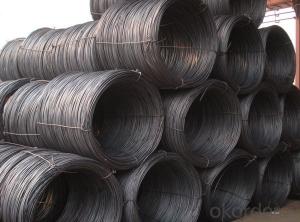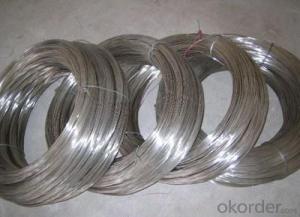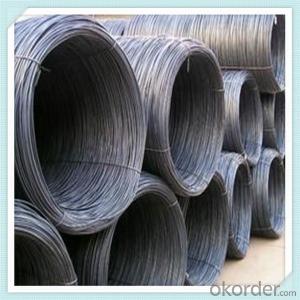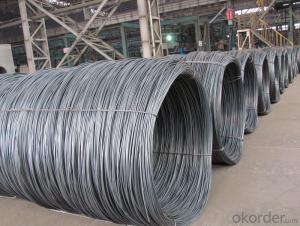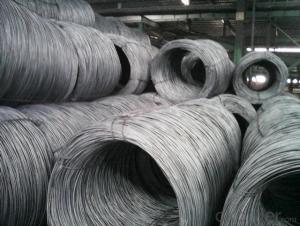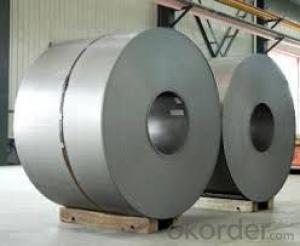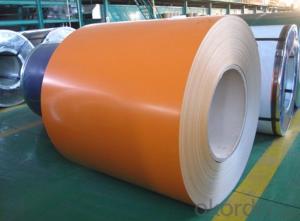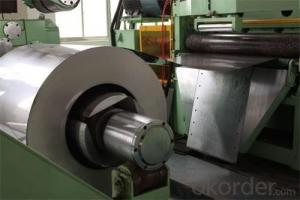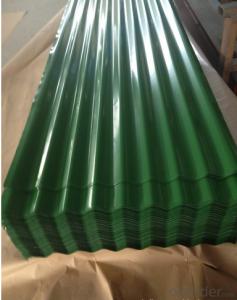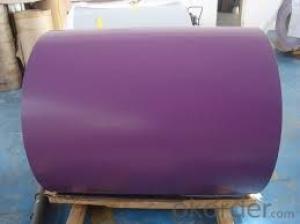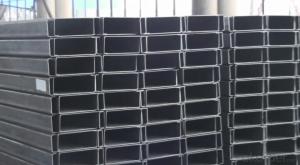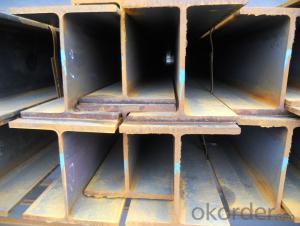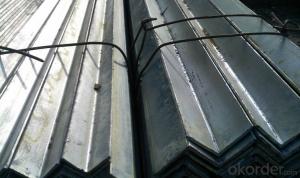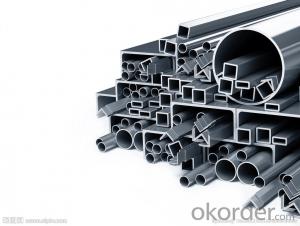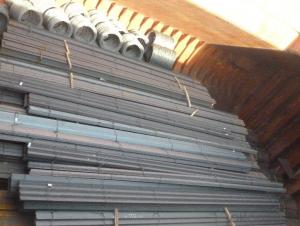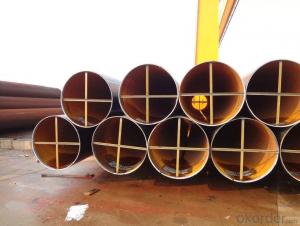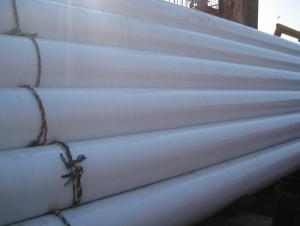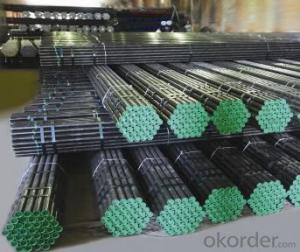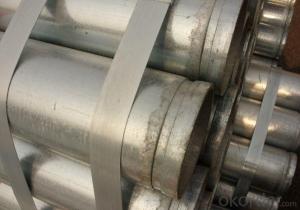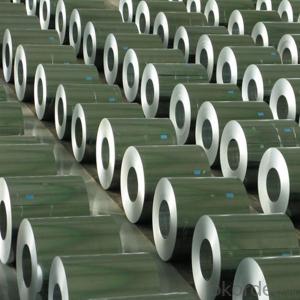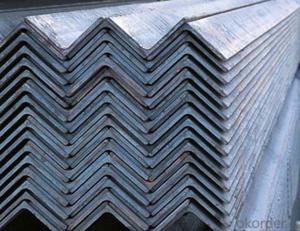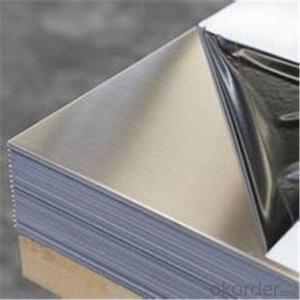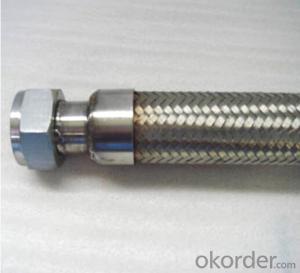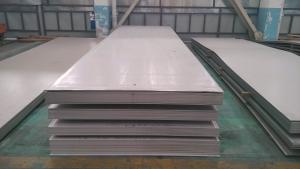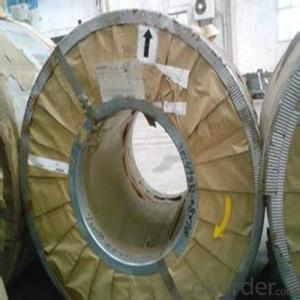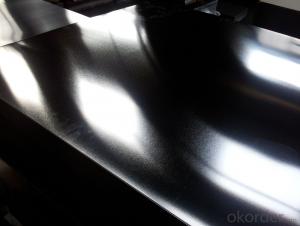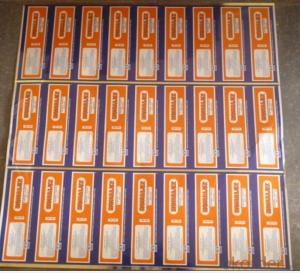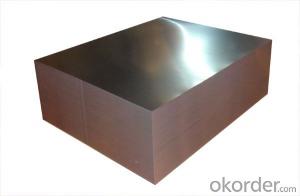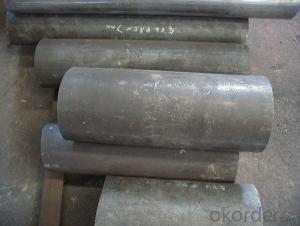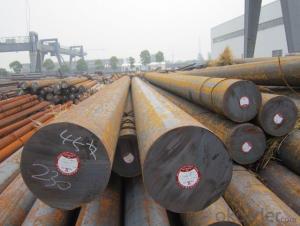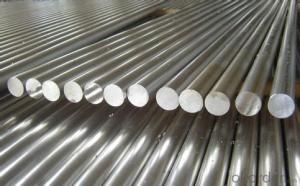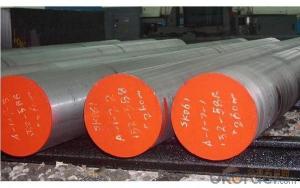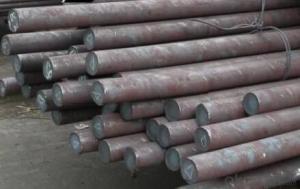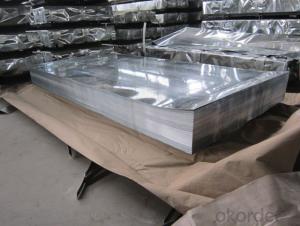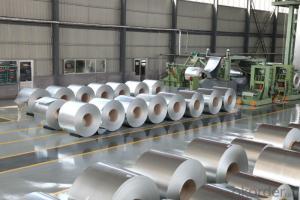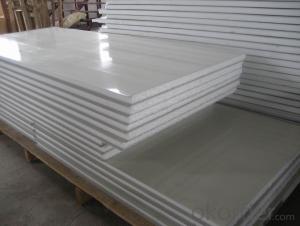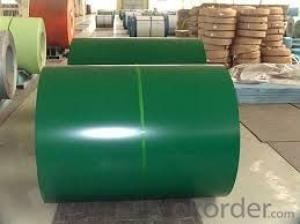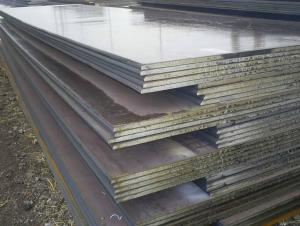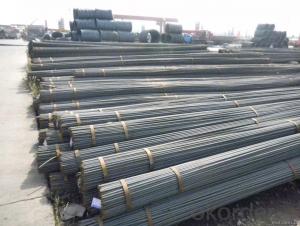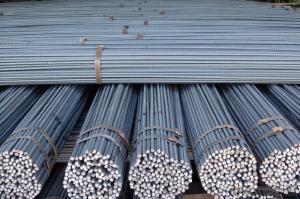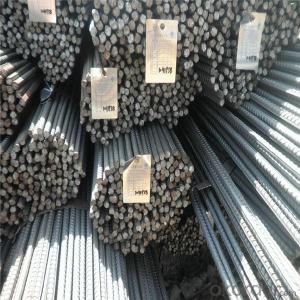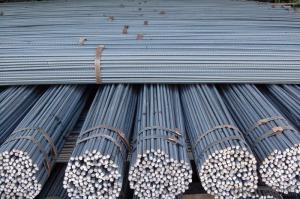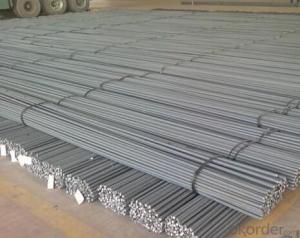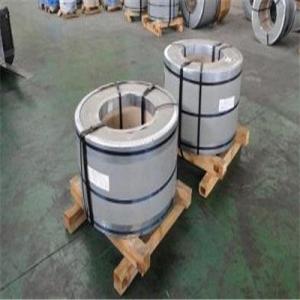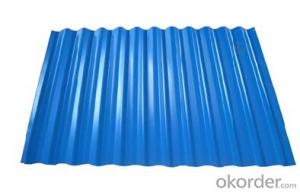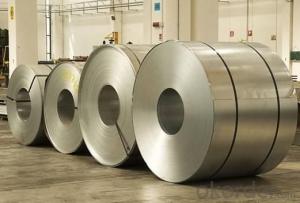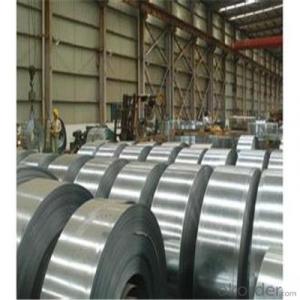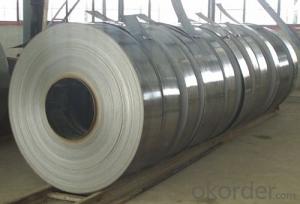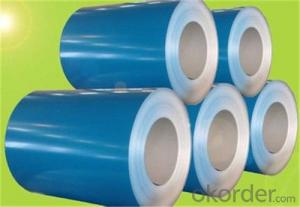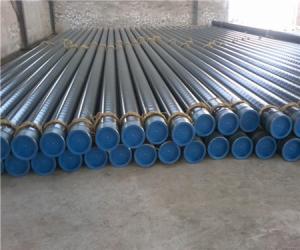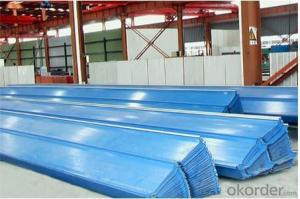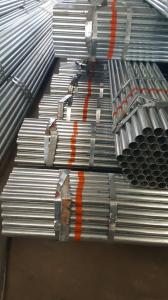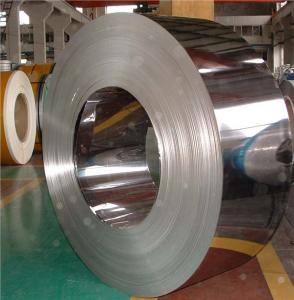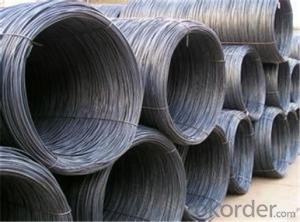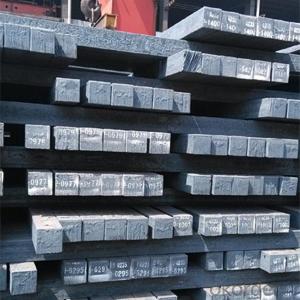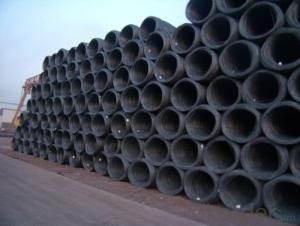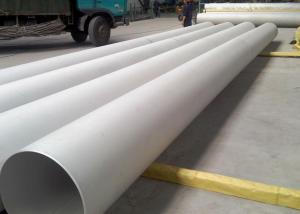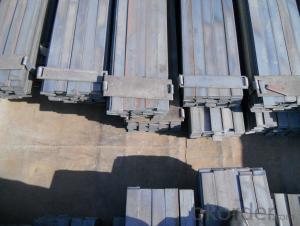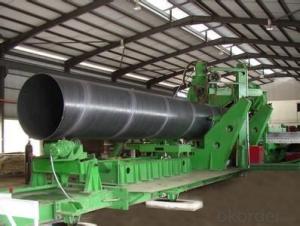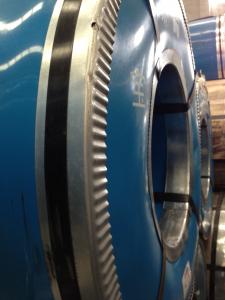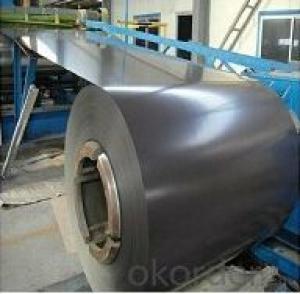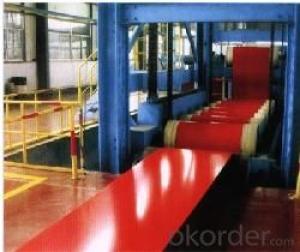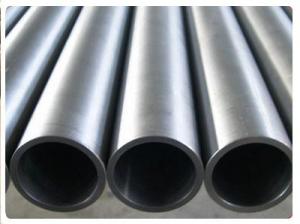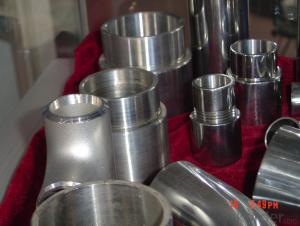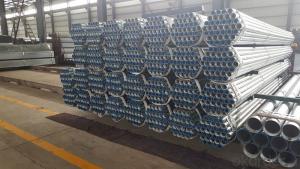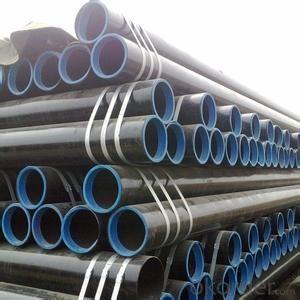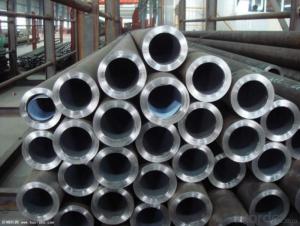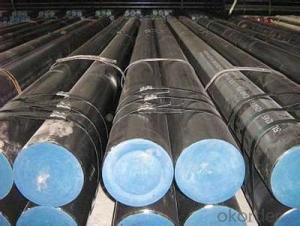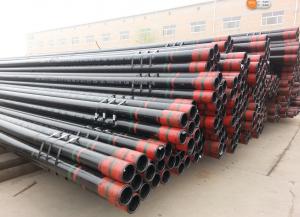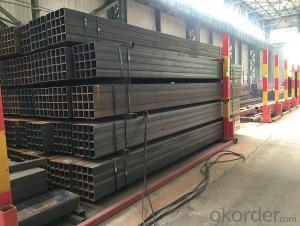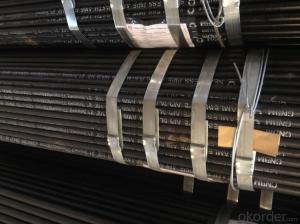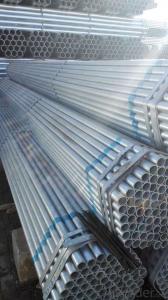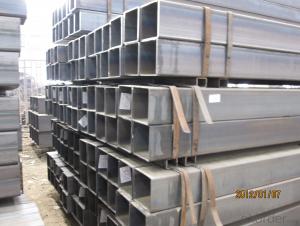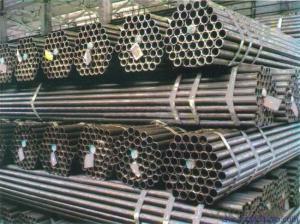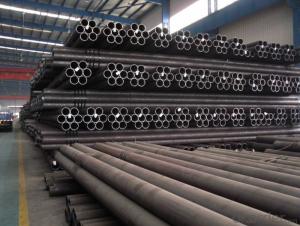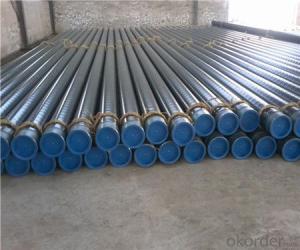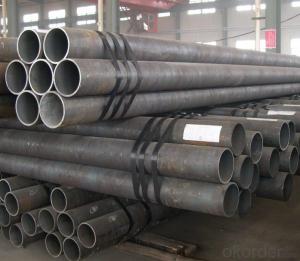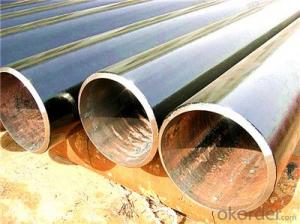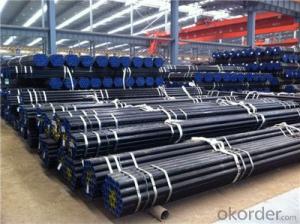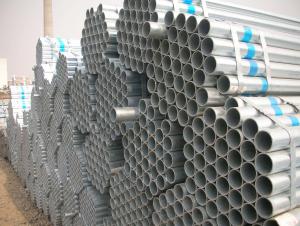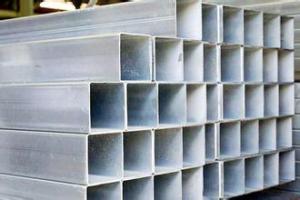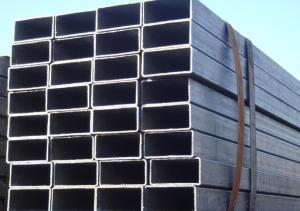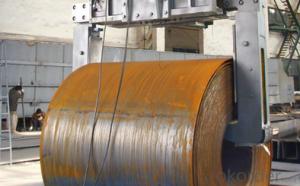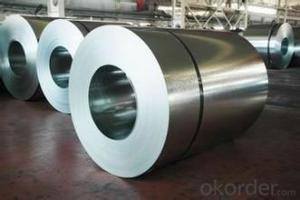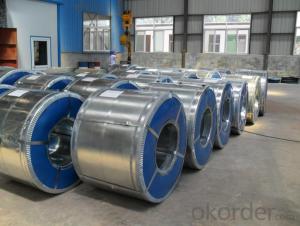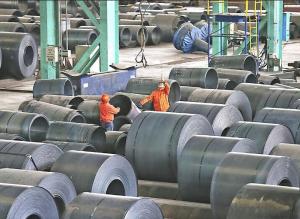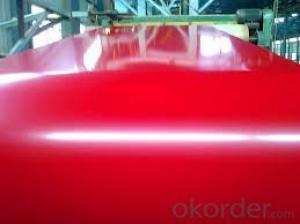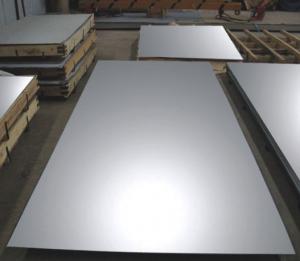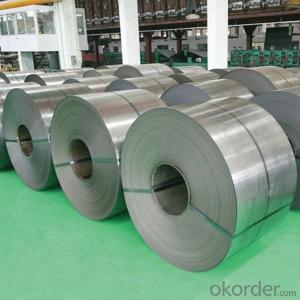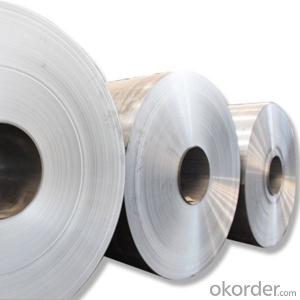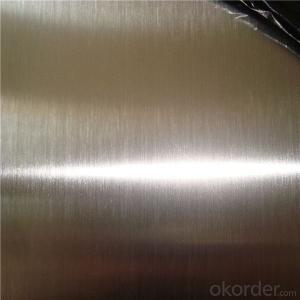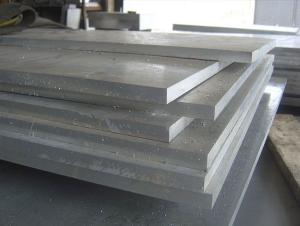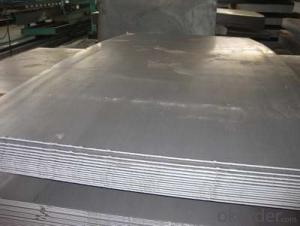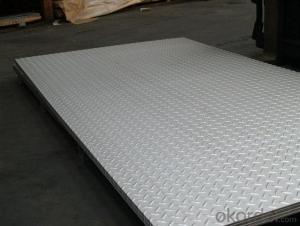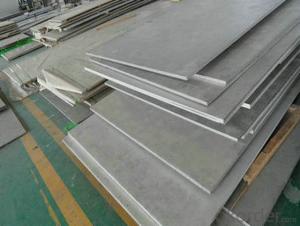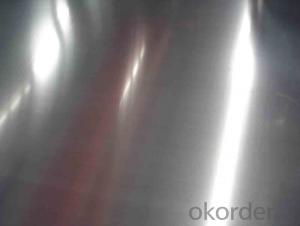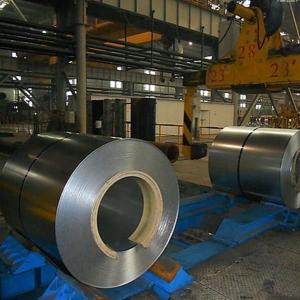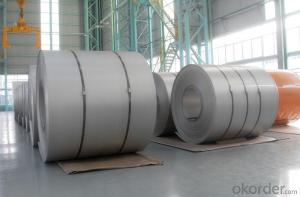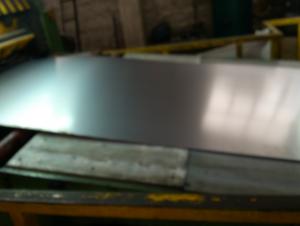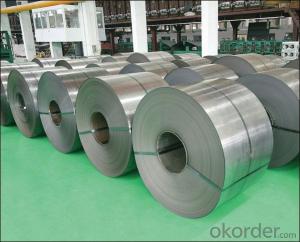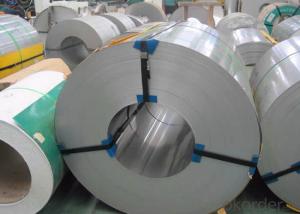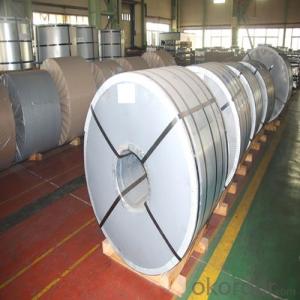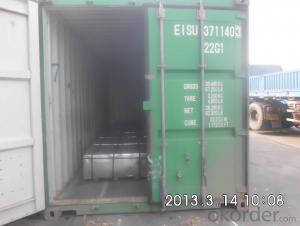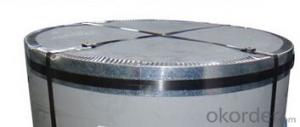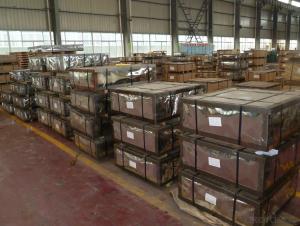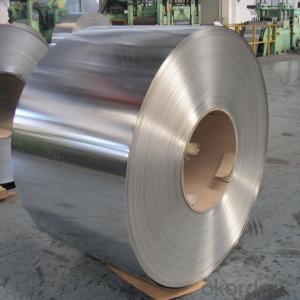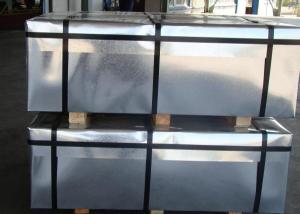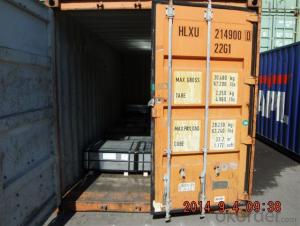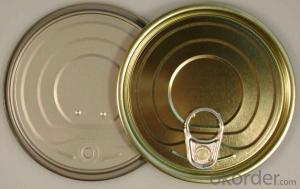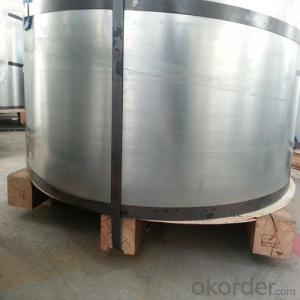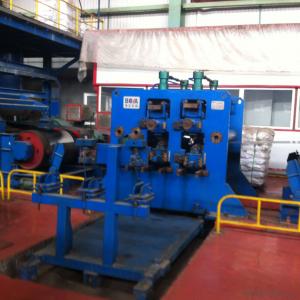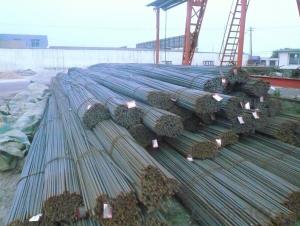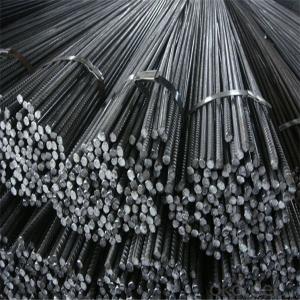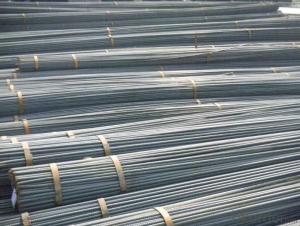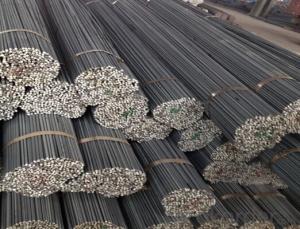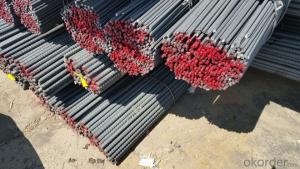All Categories
- - Steel Wire Rod
- - Steel Coils
- - Steel Profiles
- - Steel Pipes
- - Stainless Steel
- - Tinplate
- - Special Steel
- - Steel Sheets
- - Steel Rebars
- - Steel Strips
- - Hot Rolled Steel
- - Cold Rolled Steel
- - Pre-painted Steel
- - Seamless Steel Pipe
- - Welded Steel Pipe
- - Hollow Steel Tubes
- - Galvanized Pipe
- - Stainless Steel Coil
- - Stainless Steel Sheet
- - Stainless Steel Plate
- - Stainless Steel Strips
- - Electrolytic Tinplate Coil
- - Electrolytic Tinplate Sheet
- - Stainless Steel Rebars
- - Solar Panels
- - Solar Water Heater
- - Solar Related Products
- - Solar Inverter
- - Solar Cells
- - Solar Light
- - Solar Energy Systems
- - Solar Controllers
- - Solar Mounting System
- - Solar Pump
- - Solar Chargers
- - Fiberglass Chopped Strand
- - Fiberglass Mesh Cloth
- - Composite Pipes
- - FRP Pultrusion Profiles
- - Fiberglass Mat Tissue
- - Fiberglass Fabrics
- - Fiberglass Mesh
- - Composite Tank
- - Fiberglass Mesh tape
- - Polymer
- - FRP Roofing Panel
- - Fiberglass Roving
- - Monolithic Refractories
- - Ceramic Fiber Products
- - Refractory Bricks
- - Raw Materials For Refractory
- - Suspended Platform
- - Cranes
- - Concrete Machinery
- - Earthmoving Machinery
- - Building Hoist
- - Road Building Machinery
- - Plastic Pipe Fittings
- - Plastic Tubes
- - Plastic Sheets
- - Agricultural Plastic Products
- - Plastic Nets
 All Categories
All Categories
Steel Wire RodView More
Steel CoilsView More
Steel ProfilesView More
Steel PipesView More
Stainless SteelView More
TinplateView More
Special SteelView More
Steel SheetsView More
Steel RebarsView More
Steel StripsView More
Hot Rolled SteelView More
Cold Rolled SteelView More
Pre-painted SteelView More
Seamless Steel PipeView More
Welded Steel PipeView More
Hollow Steel TubesView More
Galvanized PipeView More
Stainless Steel CoilView More
Stainless Steel SheetView More
Stainless Steel PlateView More
Stainless Steel StripsView More
Electrolytic Tinplate CoilView More
Electrolytic Tinplate SheetView More
Stainless Steel RebarsView More
Q & A
How does steel compare to other materials, such as aluminum and titanium?
Steel is a versatile and widely used material that has its own set of advantages and disadvantages when compared to aluminum and titanium. While steel is generally less expensive and more readily available than aluminum and titanium, it is also heavier and less corrosion-resistant. Aluminum, on the other hand, is lighter, has better corrosion resistance, and is highly recyclable, but it is more expensive and less strong than steel. Titanium is the lightest and strongest of the three materials, with excellent corrosion resistance, but it is also the most expensive and difficult to work with. Ultimately, the choice between steel, aluminum, and titanium depends on the specific application and the trade-offs between cost, weight, strength, and corrosion resistance.
What is the difference between cast iron and steel?
The main difference between cast iron and steel lies in their composition and properties. Cast iron is an alloy of iron, carbon, and silicon, with a higher carbon content than steel. This higher carbon content makes cast iron more brittle, less ductile, and more prone to cracking. It is also less malleable and has a lower melting point compared to steel. Steel, on the other hand, is primarily composed of iron with a smaller amount of carbon, allowing it to be stronger, more flexible, and more resistant to rust. It can also be easily welded, shaped, and tempered to achieve desired properties.
Wholesale Steel from supplier in Iceland
Whether you require steel for construction, infrastructure, or manufacturing purposes, we have the expertise and resources to meet your requirements. Our sales team is knowledgeable and experienced in the steel industry, enabling them to provide accurate and competitive quotations tailored to your specific needs. Additionally, we offer technical support throughout your project, ensuring that you have access to the necessary expertise and guidance.
As a subsidiary platform of CNBM, one of the world's largest building materials companies, we benefit from their global network and resources. This allows us to source high-quality steel products from reliable manufacturers, ensuring that you receive products that meet international standards. Our strong relationship with suppliers also enables us to offer competitive prices, maximizing the value you receive from your steel procurement.
In addition to our comprehensive product range, we also provide value-added services such as logistics support, documentation assistance, and after-sales support. We understand the importance of a smooth and efficient procurement process, and we strive to provide a hassle-free experience for our customers.
Overall, by choosing us as your steel supplier in Iceland, you can expect reliable service, competitive prices, and expert support. Contact us today to discuss your steel procurement needs and let us provide you with a convenient one-stop solution.
As a subsidiary platform of CNBM, one of the world's largest building materials companies, we benefit from their global network and resources. This allows us to source high-quality steel products from reliable manufacturers, ensuring that you receive products that meet international standards. Our strong relationship with suppliers also enables us to offer competitive prices, maximizing the value you receive from your steel procurement.
In addition to our comprehensive product range, we also provide value-added services such as logistics support, documentation assistance, and after-sales support. We understand the importance of a smooth and efficient procurement process, and we strive to provide a hassle-free experience for our customers.
Overall, by choosing us as your steel supplier in Iceland, you can expect reliable service, competitive prices, and expert support. Contact us today to discuss your steel procurement needs and let us provide you with a convenient one-stop solution.
